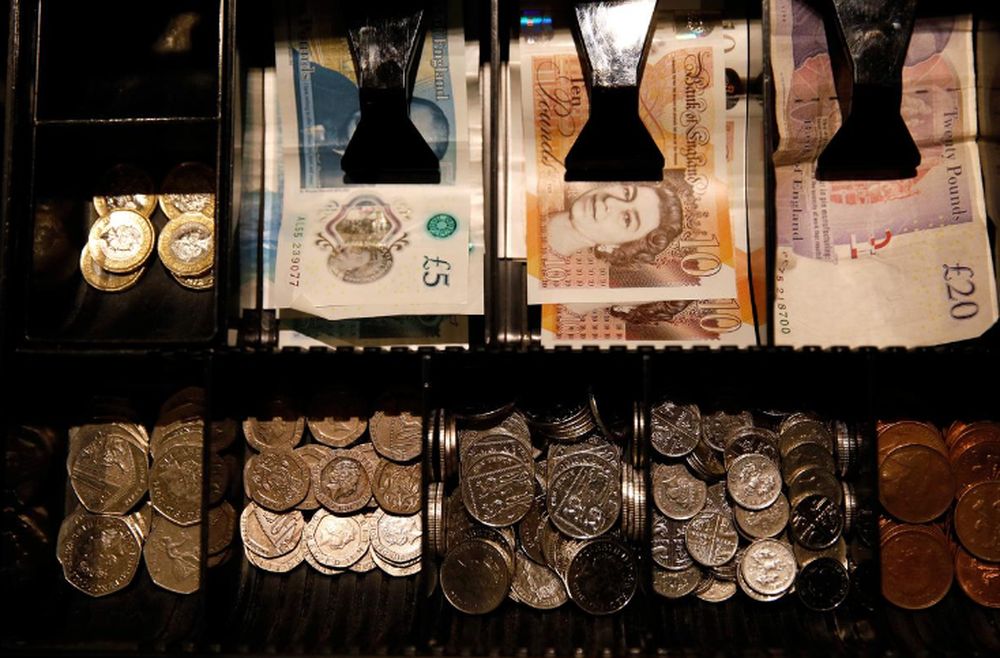LONDON, Jan 4 — The pound weakened versus the euro on Britain’s first day of trading outside the European Union, as warnings of tighter UK lockdown measures outweighed the relief over the last-minute Brexit trade deal.
Sterling did strengthen against the dollar, even briefly breaking above US$1.37 (RM5.49) for the first time since 2018 in early London trading, but the move was more driven by dollar weakness than idiosyncratic sterling strength.
At 1053 GMT today, the pound was up 0.2 per cent versus the dollar, at US$1.3695, continuing the trajectory which saw it gain 2.5 per cent in December.
But versus the euro, it changed hands at 89.81 pence, down around 0.5 per cent on the day.
The pound had strengthened against both the dollar and euro after the December 24 Brexit trade deal, which set rules for fishing, agriculture and other industries.
Although the deal does not cover Britain’s finance sector, UK market participants were relieved by an extension which allows them to use platforms in the European Union for swaps trading until March 2021 — a move announced on Thursday in a bid to avoid disruption.
But Covid-19 cases in Britain have been hitting record levels. Prime Minister Boris Johnson said on Sunday tougher lockdown restrictions were probably on the way. Britain’s health minister said on Monday that nothing was ruled out.
“When looking at GBPUSD, personally, I am not convinced that there is much more upside yet... at these levels it may be difficult to continue to push higher with further escalations in the COVID numbers and the prospect of longer, more stringent lockdowns to come,” said John Goldie, FX dealer at Argentex.
“In that respect, while I do anticipate further upside for the pound this year, including a comfortable return into the 1.40s, I suspect that the virus will keep things under wraps as we start the new year,” he said.
Commerzbank’s head of FX and commodity research, Ulrich Leuchtmann, said sterling’s rally after the Brexit trade deal was “disappointingly limited”, but that it has further scope for gains in the next few days as traders adjust their positioning upon their return from holiday.
Beyond that point, Leuchtmann was less bullish.
“For market participants with a long-term outlook the concern that Brexit might constitute the beginning of renewed economic decline in the UK is more likely to dominate,” he said.
Sterling-dollar implied volatility gauges with one-month and three-month maturities, which spiked in December and then fell when the Brexit deal was agreed, have edged up again in the past few days, suggesting traders still expect price swings.
Market participants are pricing in negative rates in the UK by May 2021. — Reuters






















